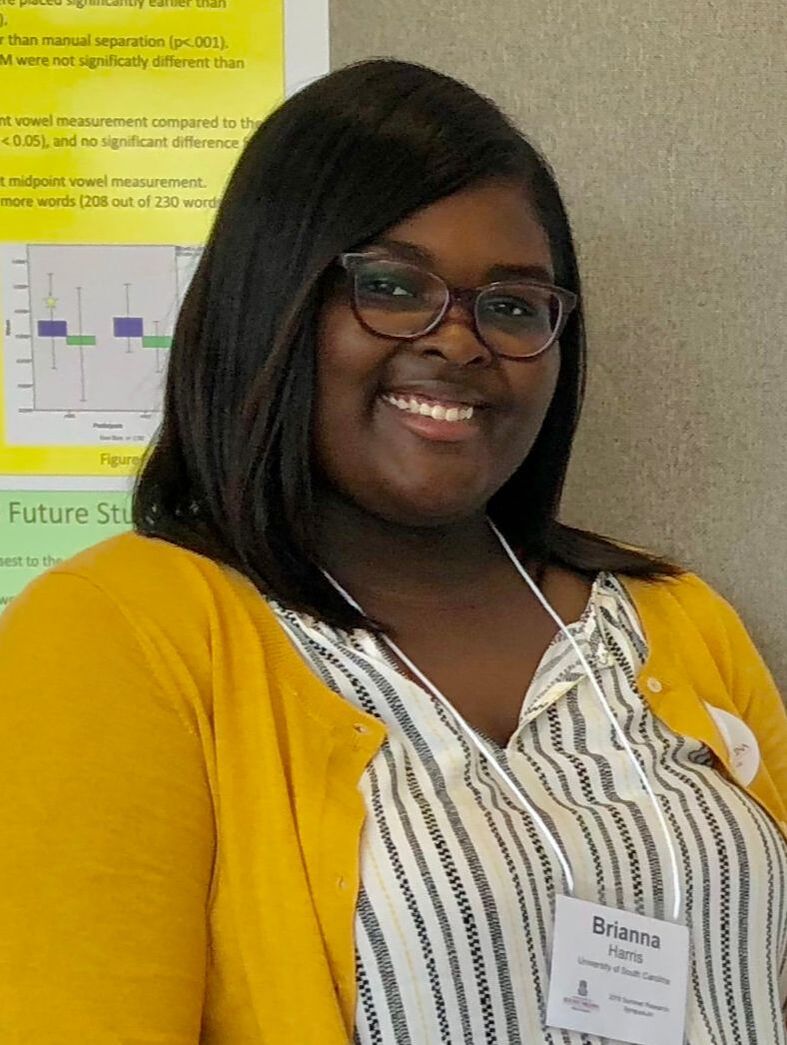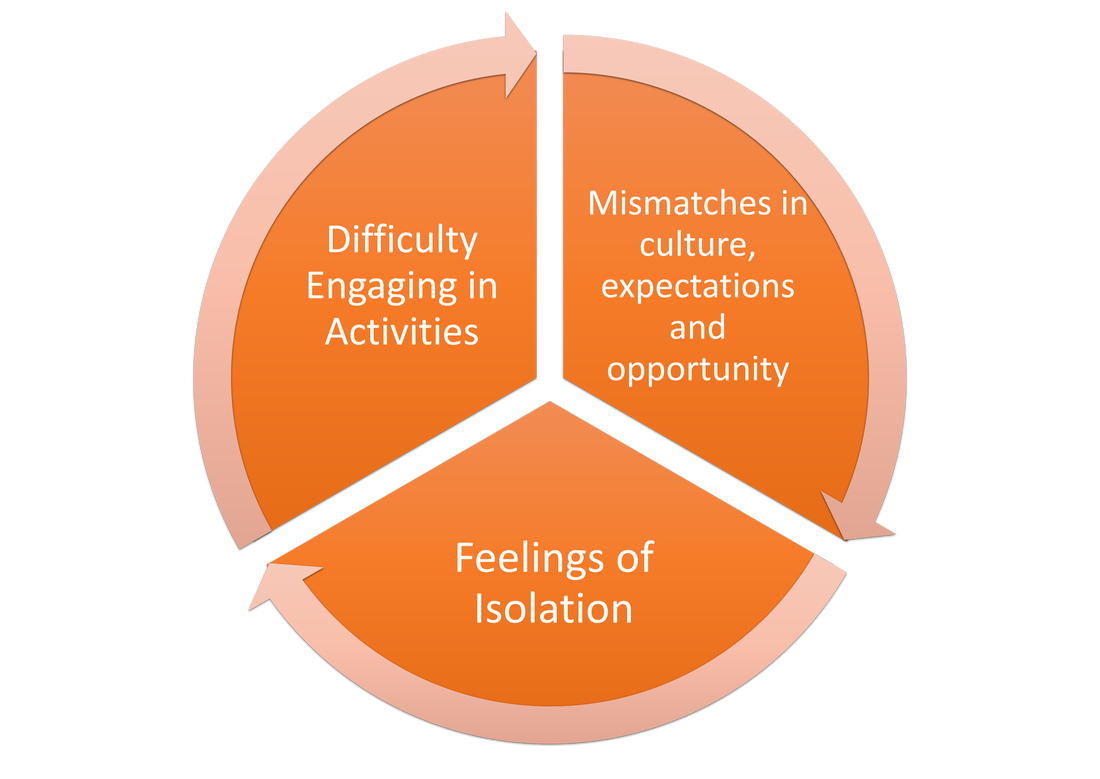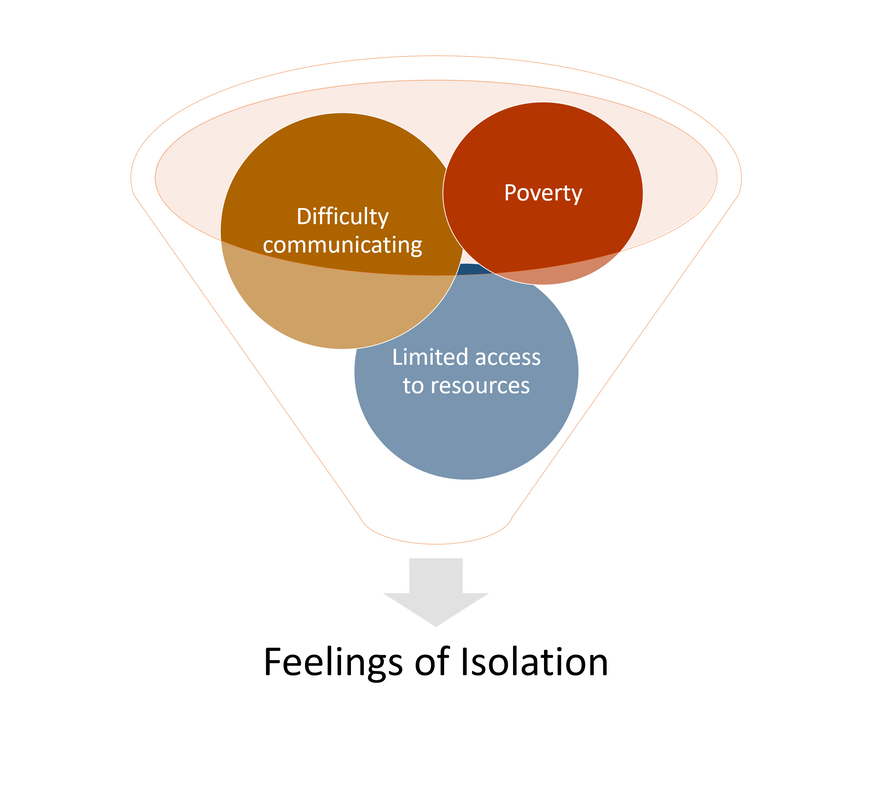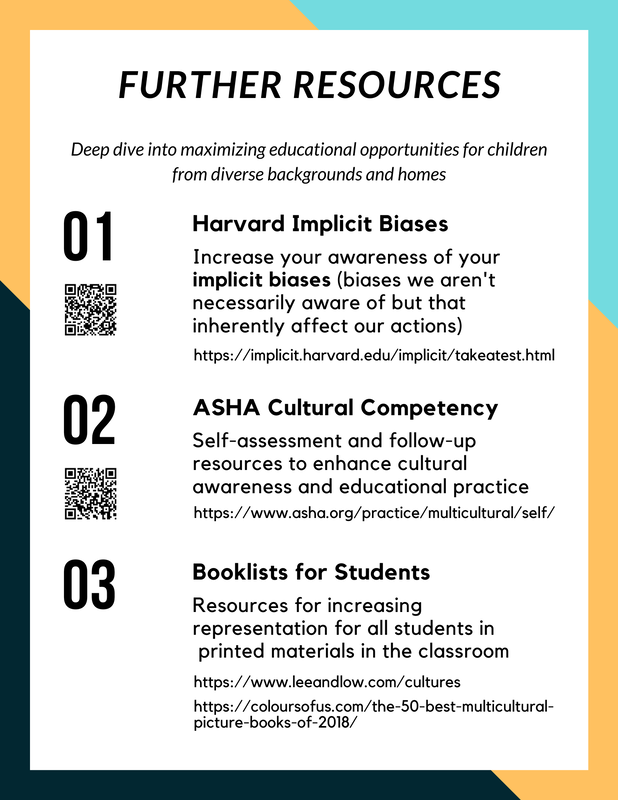Influencing Factors in Development: Supporting Dual Language Learners Effectively
Kaiela Campos, Jaddey Feliz-Cabrera, Brianna Harris, & Dr. Lisa Fitton
Read more about the ASHFoundation grant funding this work here. The final formatted poster can be found under "All Student Posters".
Read more about the ASHFoundation grant funding this work here. The final formatted poster can be found under "All Student Posters".
|
Kaiela Campos is an undergraduate student at the University of South Carolina. She is currently majoring in Public Health and minoring in Sociology. She began working in the lab in the fall of 2018 and moved into a Lead Tester position in the spring of 2020. After graduation, Kaiela is planning on attending medical school.
|
Jaddey Feliz-Cabrera is a Junior undergraduate student at the University of South Carolina. She is currently majoring in Public health B.S.. After graduation, Jaddey plans on becoming a Spanish Medical interpreter during her gap year, and then attend medical school.
|
Brianna Harris is a first year graduate student at the University of South Carolina, studying speech-language pathology. After graduation, Brianna plans to work primarily with pediatrics and continue research with culturally and linguistically diverse populations. Brianna chose to start participating in research in the lab in the spring of 2020.
|
Why did we do this project?
"I did this project to bring more awareness to the struggles that Dual Language Learners (DLLs) face on a daily basis. I have a special connection to this being that I know many people who were DLLs in schools and witnessing and hearing the battles they endured growing up. I want to be able to reduce the stressors that these children have to face for my community. Addressing the problem early allows for DLLs to have a greater chance at academic success, and feel less like an outcast. With the Hispanic/Latino population rapidly growing in the United States, it is imperative that we educate these children and allow them the opportunity to excel at life. I want these children to know although they may seem “different”, it is the most beautiful gift they could have.” -- Kaiela
The reason why I am interested in communication disorders with bilingual children who speak Spanish is because I have seen many kids mis-diagnosed with a communication disorder. They have misdiagnosed because their primary language is Spanish, and then they are learning another language at the same time, which is a lot for a young child to take on. They often experience a silent period while they are adjusting, which is often misinterpreted as them not being as knowledgeable as their monolingual peers. Our lab administers different tests in order to help properly diagnose those who actually have a speech or language disorders. Our lab also provides different ways that the parents and teachers can help improve both languages and prevent the loss of either of the languages. Spanish was my primary language growing up, and I had to go through similar tests, so I can relate to the children. These tests are very important in order to prevent misplacement and avoid holding these kids back academically and socially." -- Jaddey
The reason why I am interested in communication disorders with bilingual children who speak Spanish is because I have seen many kids mis-diagnosed with a communication disorder. They have misdiagnosed because their primary language is Spanish, and then they are learning another language at the same time, which is a lot for a young child to take on. They often experience a silent period while they are adjusting, which is often misinterpreted as them not being as knowledgeable as their monolingual peers. Our lab administers different tests in order to help properly diagnose those who actually have a speech or language disorders. Our lab also provides different ways that the parents and teachers can help improve both languages and prevent the loss of either of the languages. Spanish was my primary language growing up, and I had to go through similar tests, so I can relate to the children. These tests are very important in order to prevent misplacement and avoid holding these kids back academically and socially." -- Jaddey
Further Resources
ASHA Cultural Competence Practice Portal: https://www.asha.org/Practice-Portal/Professional-Issues/Cultural-Competence/
Harvard Implicit Bias Assessment: https://implicit.harvard.edu/implicit/takeatest.html
Harvard Implicit Bias Assessment: https://implicit.harvard.edu/implicit/takeatest.html






